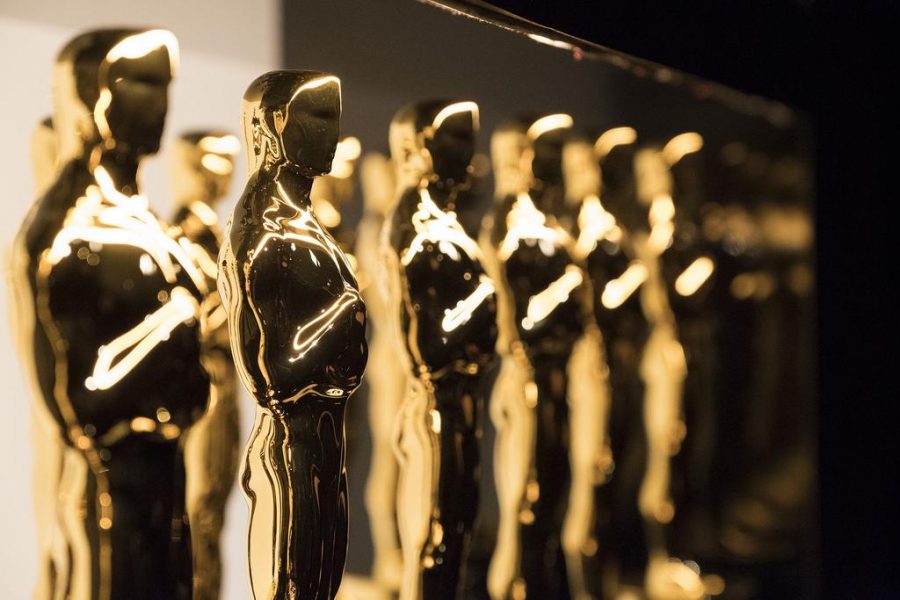The biopic pursues the story of Freddie Mercury (Rami Malek), a legendary singer from a Parsi family who struggles with his reputation, queer identity and HIV contraction during the AIDS crisis. He and his three bandmates, Roger Taylor (Ben Hardy), Brian May (Gwilym Lee) and John Deacon (Joseph Mazzello) form the band Queen, around which the movie is centered.
Although LGBTQ+ representation in such a box-office hit is important (it surpassed $800 million in worldwide box office), the presentation of the queer community in “Bohemian Rhapsody” is actually quite problematic. The film is overdramatized, rushed and more based on Hollywood stereotypes than any authentic understanding of Mercury’s life. The movie focuses intently on villainous queer personas, such as Paul Prenter (Allen Leech). Prenter lures Mercury into gay nightclubs, which instead of being depicted as harmless fun, turns taboo with distorted camera angles and red lighting. After enduring a long period of Mercury’s self-denigrating personality, viewers only get a hint of what might be a healthier state of mind as the movie grazes over what becomes a lifelong relationship between he and Jim Hutton (Aaron Mccusker).
The directing of the film is subpar, but former director Bryan Singer’s backstory is abysmal. Singer was fired for not showing up to work, and then he made headlines with several sexual assault allegations. Such problems will hopefully comprise whatever chances “Bohemian Rhapsody” once had at receiving the Oscar award for Best Picture.
Were the chances even great to begin with? The entire plot seems inauthentic. Between sparse comedic or tender moments are layers of cheesy dialogue and inaccuracies that give “Bohemian Rhapsody” an artificial tone. In one scene, the four band members are fixing a wheel on the side of the road, voicing their feelings of hopelessness regarding their success, then, without explanation, they hit the top of the charts with their first album. This kind of selective storytelling detracts from the film’s credibility and makes viewers question Singer’s true motives.
One of the movie’s few redeeming qualities is Malek’s heartfelt performance as Mercury, which gives him great odds of winning the award for Best Actor. In addition, the movie is a sensory cinematic experience. Queen fans will likely enjoy reliving the era with the six-song set at the 1985 Live Aid concert that wraps up the film. Mercury was a musical legend, but viewers are set up to pity him rather than to appreciate everything he has done for the musical world. At least the final songs, like “We Are the Champions,” offer a glimmer of hope.
Successful biopics must balance historical accuracy with explosive entertainment. “Bohemian Rhapsody” leans too heavily in the latter direction. The cast is solid, the songs are iconic and the story is heart-wrenching. These components brought in cash for mainstream movie producers, but it also made for a bland, uninspired movie.


